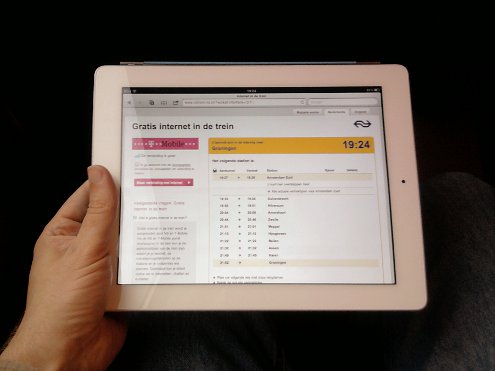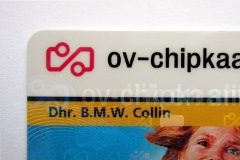 The appeals court of Den Bosch got bitch slapped by the Dutch supreme court for inserting its own facts into a verdict without giving the parties involved a chance to respond.
The appeals court of Den Bosch got bitch slapped by the Dutch supreme court for inserting its own facts into a verdict without giving the parties involved a chance to respond.
A legal guardian had bought a license for Smart FMS, a sort of bookkeeping package, to take care of the accounts of his ward. It’s not clear to me who sued whom, but at some point the protagonists of this case found themselves in front of the appeals court of Den Bosch. And when the dust settled and the verdict came out, it turned out that the judge had been googling for extra information, and had concluded that
this software is first and foremost a system to aid the guardian’s administration, and it only helps clarify the payments of the clients as a side-effect. The clients furthermore have no say about the usage of this particular system, assuming they are even willing to bear the costs, and are capable of using it. […] Although the guardian did not provide [this court] with information about the software, the internet did.
The guardian was not pleased, as he had had no chance to defend himself against the court’s allegation. Last week the supreme court agreed with him. That the parties involved in legal proceedings have a right to be heard is a Dutch legal principle.
(Link: Iusmentis. Verdict in Dutch at Jure.nl.)

 Ha ha!
Ha ha! 

 There seems to be a lot of
There seems to be a lot of 
 A report by the Dutch Association of Journalists (NVJ) claims the Dutch government is the slowest in the world in processing freedom of information requests. FOI consultant Rob Vleugels pointed out to
A report by the Dutch Association of Journalists (NVJ) claims the Dutch government is the slowest in the world in processing freedom of information requests. FOI consultant Rob Vleugels pointed out to 